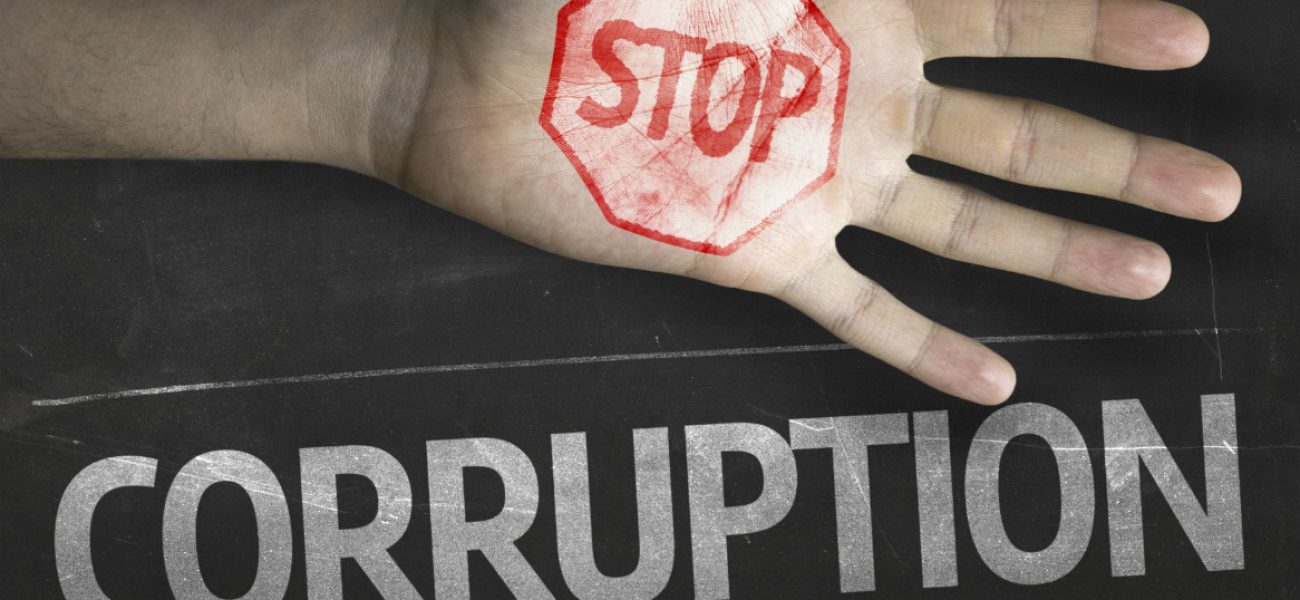Controversy continues to trail the high profile arrest of 7 judges in sting operations carried out by the State Security Services (SSS) in the early hours of Saturday, 9th October 2016. While this has brought widespread condemnation of the executive arm by some and a call for an examination of its powers under the doctrine of separation of powers, their arrest has at the same time won the support of others who claim that the judiciary must be rid of its rot of corruption. It will be recalled that Justices John Okoro and Sylvester Ngwuta of the Supreme Court, Justice Innocent Umezulike, former Chief Judge of Enugu State, Justice Namdi Dimgba and Adeniyi Ademola of the Federal High Court, Justice Kabiru Auta from Kano and Justice Muazu Pindiga of the Federal High Court in Gombe were arrested in their homes by the SSS on grounds of corruption, abuse of office and other acts of misconduct before their subsequent release through bail on self-recognisance.
Those who condemn the arrest claim that the action of the executive amounts to usurp and abuse of powers that threaten the judiciary’s independence. For instance, the National Judicial Council’s (NJC), in spite of its support for President Buhari’s war on corruption made serious reservations on the procedure and manner of arrest of the judges. Some have expressed fears that the executive may have turned the DSS into a political retribution machine enforcing its personal vendetta. This may be because the NJC is the proper body established under the Nigerian Constitution for the disciplinary action of judges and not the DSS whose functions under the National Security Agencies Act 1986, (NSA) are restricted to matters affecting internal security. Section 3 of the Act is reproduced below:
3) The State Security Service shall be charged with responsibility for-
(a) the prevention and detection within Nigeria of any crime against the internal security of Nigeria;
(b) the protection and preservation of all non-military classified matters concerning the internal security of Nigeria; and
(c) such other responsibilities affecting internal security within Nigeria as the National Assembly or the President, as the case may be, may deem necessary.
The Nigerian Bar Association (NBA), just like the NJC, condemned the manner of arrest and reiterated that the fight against corruption must be done within the ambit of the rule of law. It argued that the arrest threatens Nigeria’s constitutional democracy, which respects the vital, sacrosanct and separate role of the Judiciary as the third arm of Government. It however declared a state of emergency in the judiciary and called for the suspension of the arrested judges until their exoneration under the law.
Some other observers have taken a contrary view claiming that the judiciary reeks of corruption and that the DSS was forced to act under a doctrine of necessity due to the lack of co-operation or complicity on the part of the NJC to allow for the questioning of the judges whose homes it raided. The NJC has powers under the Constitution to recommend, the removal of office of judicial officers to the President or Governor and to exercise disciplinary control over such office[1]. Additionally and linked to this, are arguments that the judiciary is not above the law and must be subjected to it where the occasion arises.
Overall, there are lessons to be learnt from the purported arrests. The first is that every society survives on the rule of law and the strength of its institutions. Therefore, it is an anomaly for the executive to bypass the law and the Constitution in its acclaimed pursuit of justice. It is important to note that neither the NBA nor the NJC made any pretense about some judges allegedly being corrupt. The second lesson is that the saga has led to conflicted legal opinion on what to do with the justices. While the NBA on the one hand has called for their suspension until their exoneration, the NJC ‘s refusal to suspend judges fearing that succumbing to that position will undermine its independence means that their fate remains undecided. Nevertheless, the Chairman of the NJC and the Chief Justice of Nigeria, Justice Mahmud Mohammed has taken the lead to ameliorate the situation by inaugurating a ten-man committee headed by former CJN, Justice Idris Legbo Kutigi to review the Code of Conduct for Judicial Officers across the country and initiate a National Judicial Policy (NJP). Among others, the NJP would prevent complaints on allegations against judicial officers and court employees from being leaked or published in the media until after investigations have been concluded.
The Committee will also revise the Judicial Code of Conduct, which contains among other things, sanctions for persistent underperformance, failure of judges to comply with sitting requirements and other matters relating to judicial appointment, conduct and discipline. It is hoped that towing this path and enforcing it will bring about the institutional reforms desired.
[1] Paragraph 21 of Part 1 of the 1999 Constitution (as amended)

